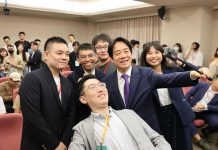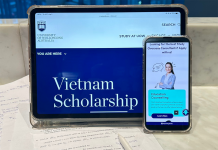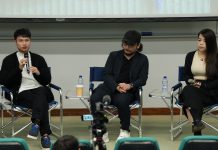Positive responses were received from friends who attended the first swap event, so Wan and her team decided to hold further regular public seasonal swaps.
JupYeah is not the only organisation planning to expand its exchange events. Hong Kong Really Really Free Market (HKRRFM), which has a similar format, is also looking to hold more regular swaps.
The Really Really Free Market in Hong Kong was founded by Rika Kojima in October last year. She first came across the idea when she was studying in Japan, but the Really Really Free Market originated in the United States and was organised by local anti-capitalists. Kojima is currently looking for a free venue to host the market because previous sites she has used in Mong Kok and Fo Tan have closed down. “The place does not need to be big, a corner will be fine,” she says.
Kojima conceives of the market as a kind of utopia where everything is pure. She wants people to understand the concept of unconditional contribution. “If you can truly give something you own to the others, then this world can be very harmonious.”
Apart from these open-style group barter organisations, there are also a number of forums and websites that connect individual barter traders.
Isaac Shek Yin-man, an IT system administrator, started to engage in individual private barter five years ago. He mainly finds people to trade with through online forums. As Shek is an electronics enthusiast, he mainly exchanges items like headphones, camera lenses and other electronic accessories.
Shek usually trades for the same kind of items so he can try out a great variety of goods. For example, he originally spent $1,300 on headphones. After several trades on trades, he was able to enjoy using different models of the same kind. It makes him feel as though he has had many items for his original $1,300.
Although these exchanges are based on the barter model, money does sometimes change hands when there is a difference between the original retail prices of the items. Shek does not mind this at all and says he may even make gains if the item appreciates further in value.
Another individual trader, Mak Wing-yi, a Form Six student at St. Mark’s School, is a member of a barter website called TradeDuck. Members of TradeDuck post photographs of unwanted items on the website and, if other members are interested, they ask to trade with the owners of the items. Once that is agreed the two sides engage in a private one-to-one barter.






































